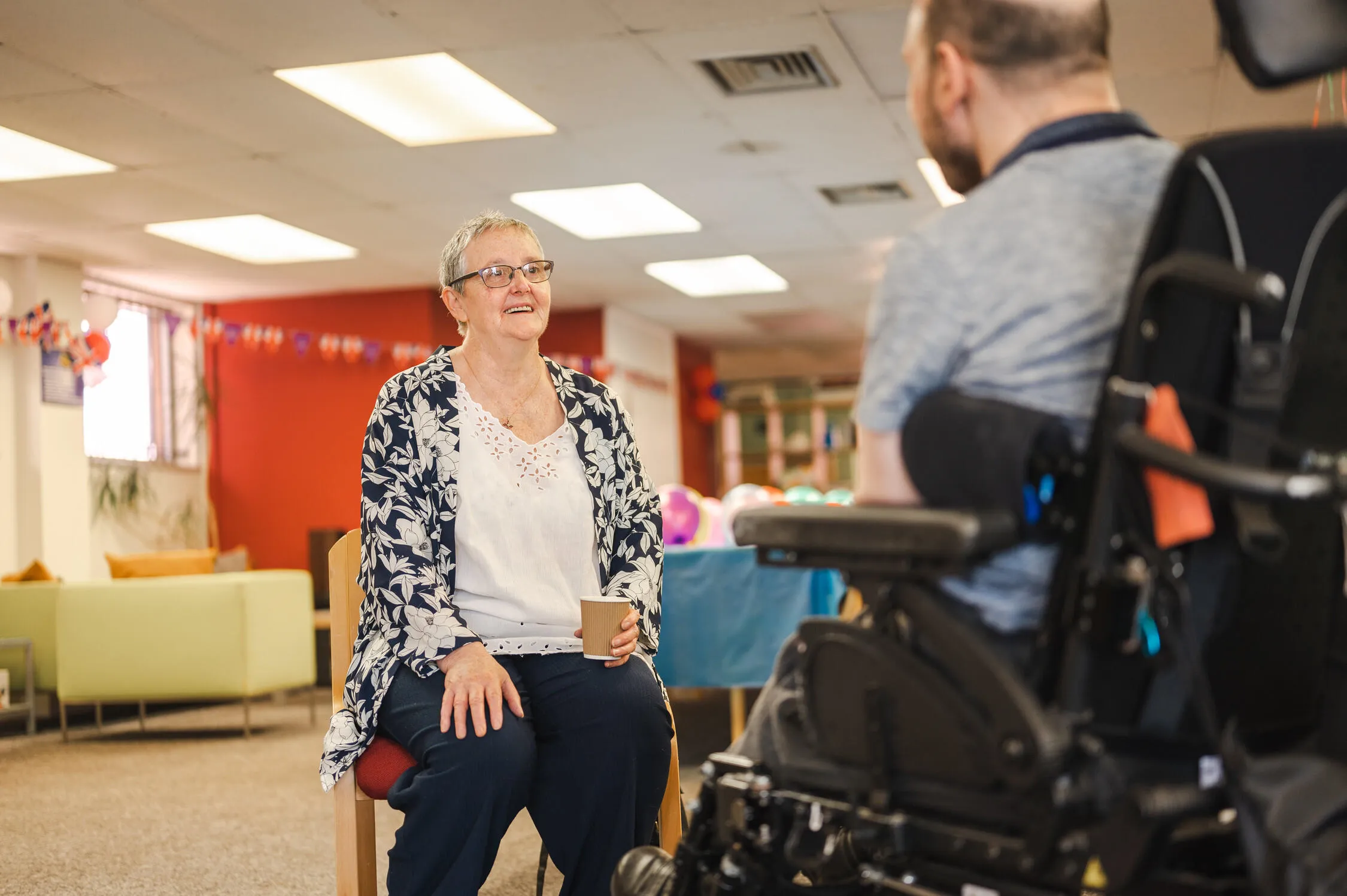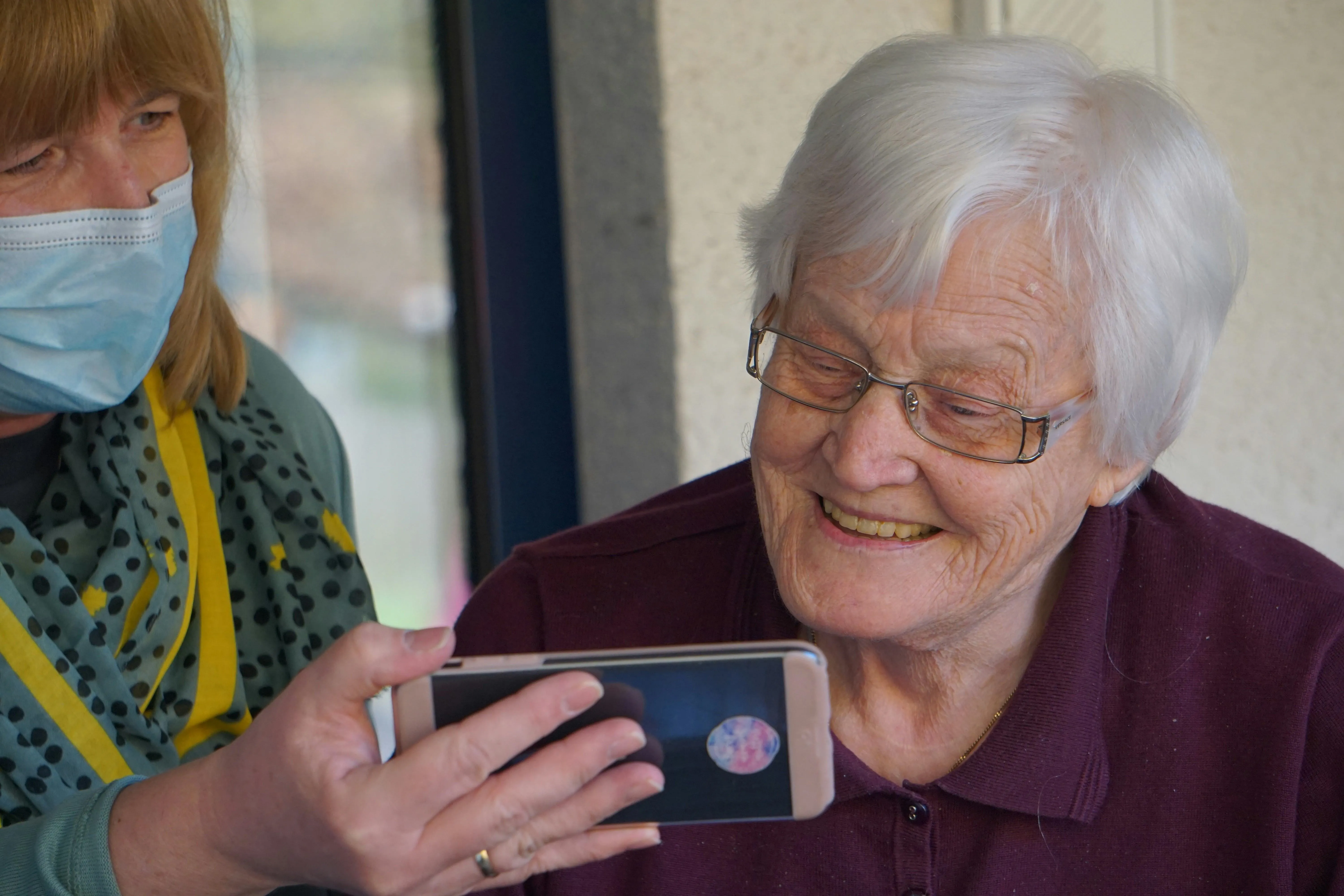Too often, people are referred to palliative care only in their final days. But when we act early, we can prevent crises. This means that people live better and often longer at the end of life.
Professor Catherine Evans
19 May 2025
National report calls for urgent overhaul of palliative care across the UK
King’s academics have been involved in a major new report calling for a national strategy to address uneven end-of-life care across the UK.

Professor Catherine Evans and Professor Irene Higginson OBE from the Cicely Saunders Institute, and Professor Jugdeep Dhesi, Professor of Geriatrics and President of the British Geriatric Society were commissioners for the new report published by the Palliative and End-of-Life Care Commission and launched in parliament last week.
The report brings renewed urgency to reform how we care for people at the end of life and makes ten key recommendations to improve care, including the need for 24/7 community services, better education and training, and support for unpaid carers.
Catherine Evans, Director of the Cicely Saunders Institute and Professor of Palliative Care and Ageing said: "This report sets out clear and practical steps to ensure everyone has access to high-quality palliative care, no matter where they live."
Irene Higginson, Professor of Palliative Care and Policy and Director of the Better Health & Care Hub, added: "This report is about solutions. We know what needs to happen – now we need to act."
The Commission recommends that a National Strategy be developed to coordinate service provision, workforce planning and data collection, with responsibility for its delivery sitting with the Department of Health and Social Care. It also highlights the urgent need for funding research into community-based care and innovation.
Prevention: acting earlier to prevent suffering
The report highlights the need for earlier access to palliative care to help patients better manage their symptoms, and improve their comfort and outcomes. Specialist palliative care provided for at least three months can reduce emergency admissions, shorten hospital stays and increase independence.
Enhancing the UK’s supportive care programme would not only deliver major cost savings to the NHS and improve quality of life for patients, but it also includes clear recommendations to support informal carers. The report calls for practical help, respite, tailored training and access to out-of-hours advice for those caring for someone at home.
Irene Higginson explains: "Even with better palliative care provision, families will still be central to caring for loved ones. But without training or support, that role can become overwhelming."
The report highlights that with better support – including respite, training, and bereavement services – carers are more likely to stay well themselves, and return to work or education sooner.
Irene continues: "By recognising and resourcing informal carers as part of the care team – not just a fallback – we can help people remain at home and protect the wellbeing of those providing care."

Hospital to community
Despite a fall in hospital deaths, 81% of public healthcare spending on people in their last year of life still goes on hospital care. Many people say they would prefer to die at home – yet access to round-the-clock support in the community remains patchy.
The Commission recommends fully funding 24/7 community palliative care services, supported by better training for professionals and informal carers, and integrated planning across sectors.
Additionally, the Commissioners call for expanded rapid response out-of-hours support, including access to medicines and equipment, in all place-based healthcare settings.
"If we invest properly in community care, we can reduce hospital use and support people where they want to be," said Catherine Evans.

Analogue to digital
The report makes clear that digital tools are essential to improving coordination across hospitals, GPs, care homes and families. It calls for shared electronic records to make future care plans visible to all professionals involved in someone’s care.
Better data integration supports faster, safer decisions, reduces duplication and enables care aligned with people’s values.
"Digital care planning and better communication would ensure people’s wishes are known, wherever they are, and avoid duplication and unnecessary procedures," said Irene Higginson.
King’s have been at the forefront of developing evidence to support these recommendations. Each action recommended in the report delivers clear benefits in terms of financial sustainability, improving patient and carer wellbeing, and supporting the Government’s ‘three shifts’: hospital to community, focus on prevention, and leveraging technology to improve healthcare.



